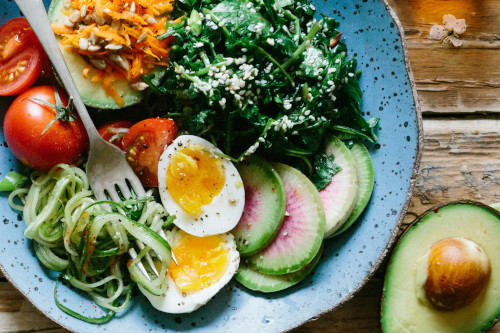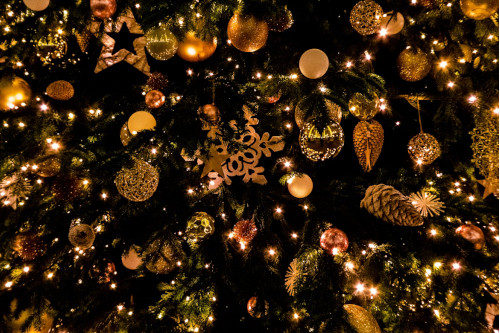Attachment theory is an advanced relationship science drawing on evolution, psychology, and ethology. John Bowlby, who formulated the theory, suggested that our attachment behaviour is linked to evolutionary survival strategies for protecting an infant from predators. You are the only version of yourself, but attachment systems are inherent in all of us. Furthermore, humans are programmed to seek safe emotional connection. Conflict in relationships often arises due to a fear of rejection and abandonment.
Our own attachment style will influence how we deal with conflict in relationship. Bowlby proposed there to be four main attachment styles: secure, anxious/ambivalent, avoidant/dismissive, and disorganised. Someone with an anxious attachment style might react to conflict by using protest behaviour to get their partners attention. If however the person has an avoidant attachment they may close down emotionally and take on an air of defensiveness and independence. Whilst both people are seeking not to be rejected, these types of reactions can amplify their struggles, thus a cyclical loop of push/pull happens and entering a discussion can feel like a trap.
Attaching to our primary caregiver links to the soothing and contentment system and lays down memories that we draw upon as we get older. There is certainly no perfect way of parenting but if you had a parent who was unavailable emotionally, abusive, highly anxious or all the above it will have likely impacted on how you are in relationship with others. For those who may have experienced warmth and love one minute but coldness and abuse the next, their soothing and contentment system will store these memories, thus making it tricky to navigate relationships in later life.
As can often be the case with any kind of self-discovery, it can feel tough reflecting on our past. It is important to hold our experience with compassion; none of us chose to be born into our families of origin, much like the tree outside didn’t chose to be a tree. We find ourselves here, in this human form, with a complex ecosystem of thoughts, feelings and behaviour, trying to do our best. If you had been born into a very different family system, chances are things could look different for you. This isn’t to say it would be better or worse, but when trying to navigate our own attachment style and how it influences how we are in relationship, it can be helpful to bear this in mind.
If you find yourself in conflict with someone (such as a partner) it can be helpful to pause, take a few deep breaths and reflect on what is happening. Perhaps acknowledging to yourself ‘Ah – this is a moment of conflict’ or internally naming the emotion(s) you’re feeling. It’s likely that both you and your partner are at some level saying something like ‘Will you be there for me?’ or ‘I’m angry right now and I want to acknowledge this with you’. Unfortunately, due to the type of reactivity that’s often associated with different attachment styles, it may not come out that way.
Counselling and psychotherapy can be a useful place to explore your childhood experiences and how these have impacted how you are in relationships. Whilst the outcome of therapy is subjective to everyone, the aim of this type of work is to address the negative effects of your early attachment experiences and, with the help of your therapist, begin to heal from and strengthen your ability to form and maintain secure relationships in the future.






.jpg)





